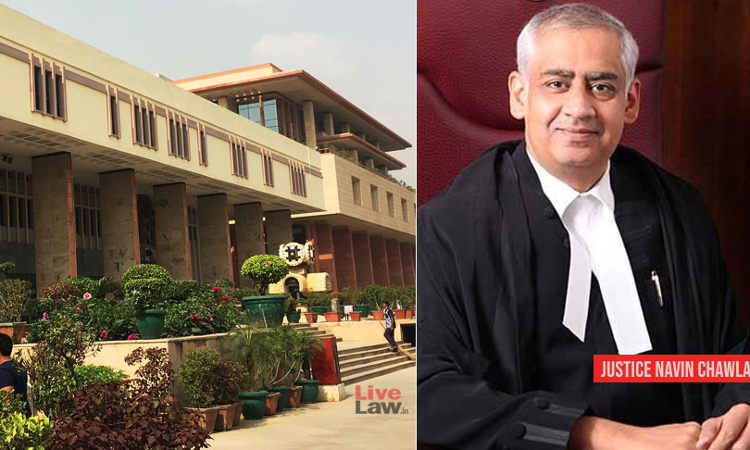Sec 34 Petition Is Not Non-Est, Even If Award Is Not Filed In A Separate Folder: Delhi High Court
Parina Katyal
6 Feb 2023 9:30 PM IST

Next Story
6 Feb 2023 9:30 PM IST
The Delhi High Court has ruled that the error committed by the petitioner/award debtor in not filing the documents, including the copy of the Arbitral Award challenged by it, in a separate e-folder, as prescribed in the Delhi High Court (Original Side) Rules, 2018, would not render the petition filed by it under Section 34 of the Arbitration and Conciliation Act, 1996 (A&C Act)...
